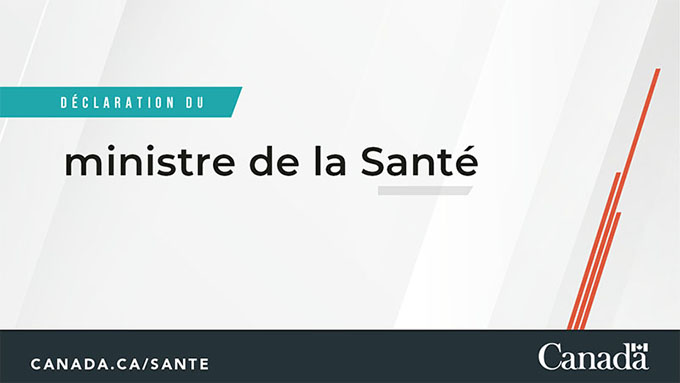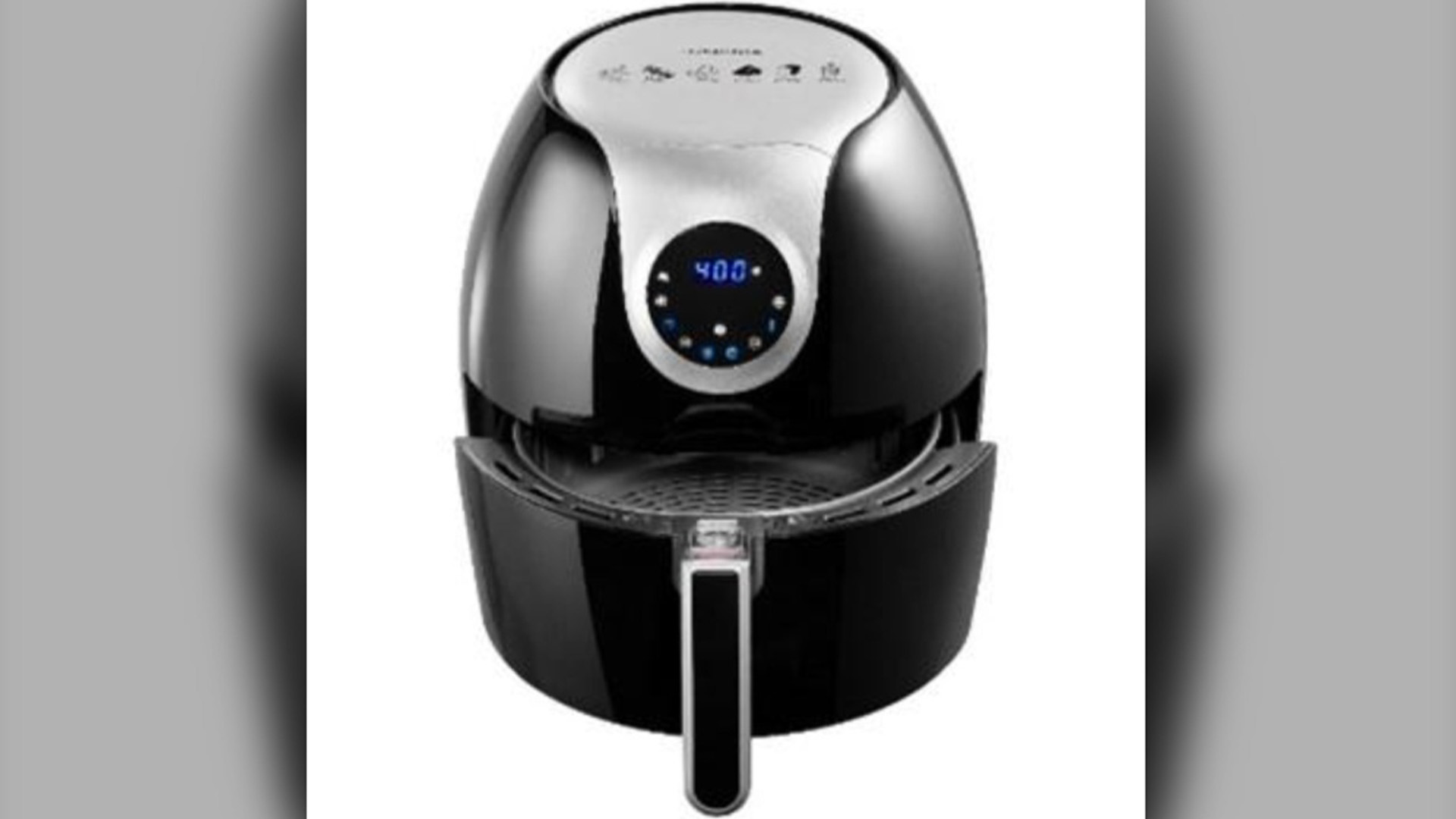Fresh food sold in Canada is contaminated by a chemical found on packaging labels, a new study by a Montreal researcher shows.
Bisphenol S (BPS) is used as a substitute for bisphenol A, which is restricted in Canada because of its association with prostate and breast cancer. However, BPS is also an endocrine disruptor, a chemical that mimics the effects of human hormones.
“With all the efforts that have been made to eliminate bisphenol A in applications close to our diet, we were really surprised to find bisphenol S’s cousin so common and ubiquitous,” admitted Professor Stéphane Bayen to the department in Food Science and Agrochemistry from McGill University.
Researchers analyzed a wide range of packaged fresh foods sold in Canada, from meat and baked goods to cheese and vegetables.
They found relatively high BPS concentrations in labels and stickers on which barcodes or prices were printed using thermal transfer printing. The amount detected significantly exceeded the limit value for substances from packaging that come into contact with food, as permitted by the European Union.
It’s easy to imagine food being contaminated through a label placed directly on it, as is the case with certain fruits and vegetables. But even the thin plastic wrap that wraps some foods was not enough to prevent the BPS on the label from contaminating the food.
‘It has been shown that these thin films do not act as a barrier at all,’ Professor Bayen said. What’s on the label ends up in the food. »
In contrast, the team found little or no BPS in the envelopes, absorbent pads, and plastic trays.
A study by American researchers published in 2020 had shown in experiments on mice that bisphenol S can cross the placental barrier and possibly impair the development of the baby’s brain.
In particular, the researchers had documented a nearly 80% reduction in the concentration of serotonin in the placenta and a three to five-fold increase in dopamine. Serotonin and dopamine are two neurotransmitters involved in brain development.
No regulation
Canada does not regulate the use of BPS. However, Bill S-5, which would significantly modernize Canada’s Environmental Protection Act, proposes changes that various environmental groups have long awaited. This law dictates how the federal government regulates toxic chemicals and other pollutants with the goal of protecting the environment and people from their harmful effects.
“The point we really, really want to push is not to make the same mistake again,” Professor Bayen said. We replaced BPA with BPS and there we clearly have a situation where we need to find a replacement and we really don’t want it to be replaced with something that’s going to be back on our radar in a couple of years. »
The only way to protect yourself from BPA or BPS is to favor other types of food container materials, such as: B. glass, which is completely inert, or metal.
In this way, when purchasing meat or fish, the consumer would have nothing to lose by providing their own container or packaging (e.g. aluminum foil) by requiring the label to be affixed to it.
The results of this study were published by the scientific journal environmental science and technology.
To see in the video

Award-winning entrepreneur. Baconaholic. Food advocate. Wannabe beer maven. Twitter ninja.





